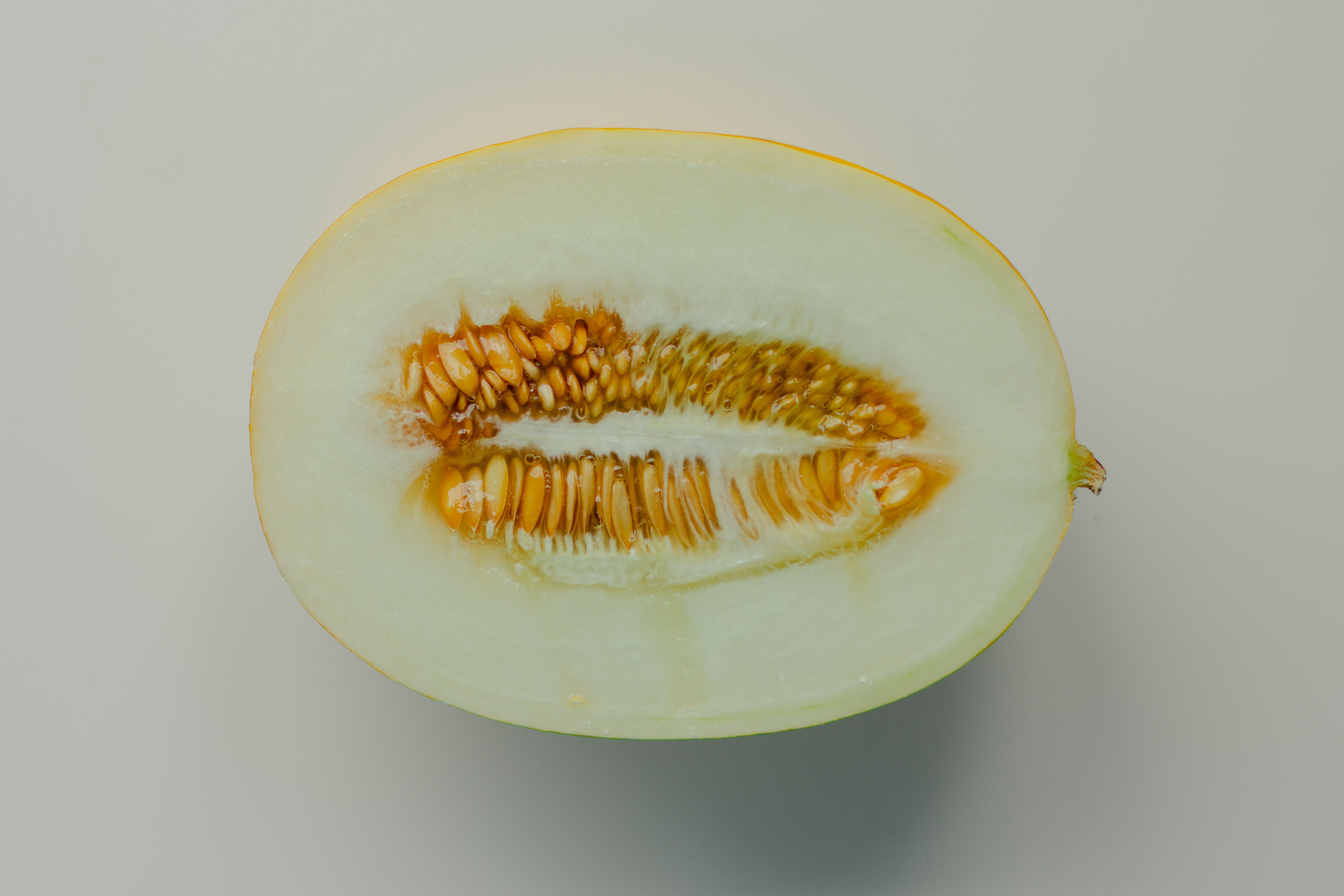Exposed Flesh: A Literary History of Black Being
Sarah Buckner
English
UC Riverside
Historically, the characterization of black subjects as inhuman has been predicated upon a supposed lack of an interior—an inability to properly think, feel, or perform all that is suggested to come from “within.” Alongside these configurations, however, are the caricatured images of black subjects as joyfully ignorant, sexually lascivious, untrustworthy tricksters. This second set of conceptions about blackness, contrary to the first, suggests that rather than an absence of interior life, blackness is defined by a lack of a discrete interior—by an inability to restrain or restrict the desires, emotions, and thoughts which arise from human insides. This dissertation complicates and undoes these histories, using Hortense Spillers’ concept of the flesh to theorize black interiority through exposure. The study blends literary and cultural studies, life writing, and philosophy to articulate a black feminist phenomenology characterized by its attention to collectivity, intersubjectivity, and intergenerational trauma. Through an examination of the work of Mary Prince, Gwendolyn Brooks, Frances Harper, Jamaica Kincaid, and other black women writers and thinkers, this dissertation uses this black feminist phenomenology to identify alternative systems of knowledge which arise through black being but which are co-opted and erased by the crushing hands of capitalist, colonial empire.

